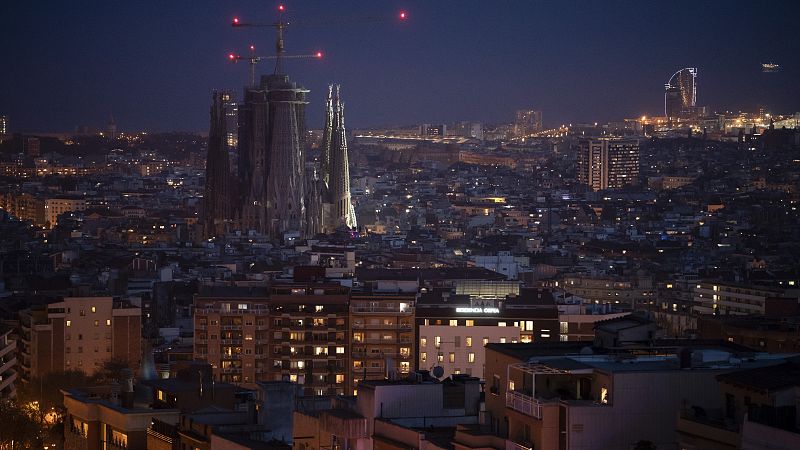Catalonia's holiday rental ban may not be allowed under EU law as Airbnb pushes back

Catalonia's recent ban on Airbnb-style holiday rentals breaches EU law, according to a complaint filed with the European Commission by an industry group.
The European Holiday Home Association claims that the ban, introduced by Catalonia in June this year, breaches the provision of services directive.
The Spanish region announced that they wanted to rid Barcelona of its 10,000 tourist flat licences over the next five years. The city has not granted new licences since 2014 but this has not helped to stem a housing crisis, with locals saying they can not find places to live at affordable prices.
Why has Barcelona's Airbnb ban been challenged?
“We are convinced that EU law has not been respected,” Viktorija Molnar, Secretary General of the European Holiday Home Association (EHHA), said in a statement released on Wednesday.
“By submitting the EU complaint, we hope that the European Commission will take a step further and open a formal infringement procedure against Spain,” added Molnar, whose group represents short-term rental platforms like Airbnb and Expedia’s Vrbo.
The move follows legal concerns raised by the European Commission itself that restrictions brought in by the Spanish region were disproportionate to the aim of tackling housing shortages.
EHHA argues that “unjustified, disproportionate and unsuitable” restrictions breach the EU’s Services Directive, which regulates a swathe of activities from hotels to legal advice. They also said that claims about the impact of Airbnb on housing affordability are “politically inflamed”.
The lobby group may have support from the European Commission itself, whose officials wrote to Spanish authorities to protest the law in February according to a document seen by Euronews Travel.
“The Commission services consider that the restrictions laid down in [Catalonia’s] Decree-law 3/2023 are not suitable to attain the objective of fighting housing shortage and are disproportionate to that objective,” the document said.
Spanish authorities could have also considered less swingeing restrictions and hadn’t offered evidence that short-term rentals were responsible for housing market tensions, it added – noting that there were three times as many empty dwellings as tourist rental properties in Catalonia.
Barcelona is just one European holiday destinations trying to find ways to tackle overtourism.
Cities like Venice have banned cruise ships from stopping on their shores, Athens regularly restricts visitor numbers at the famous Acropolis and Amsterdam is moving its red light district out of the city centre to try and clean up its image.
How the European Commission is taking on holiday rentals
Brussels has already taken action to bring the sharing economy within the regulatory fold, offering new rights to platform workers and hiking value-added tax on short-term lets and ridesharing apps such as Uber.
But the issue could prove totemic for Commission President Ursula von der Leyen – who has created the first-ever European Commissioner for Housing as part of her second mandate, set to take office within weeks.
She has told Denmark’s Dan Jørgensen to “tackle systemic issues with short-term accommodation rentals”, in a mission letter that handed him the housing brief alongside responsibility for energy policy.
A spokesperson for the Catalan government did not immediately respond to a request for comment.
CORRECTION (20 November, 10:02): corrects spelling of Molnar's name
Today

